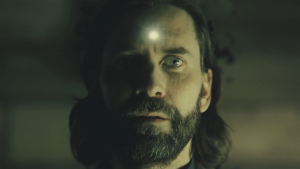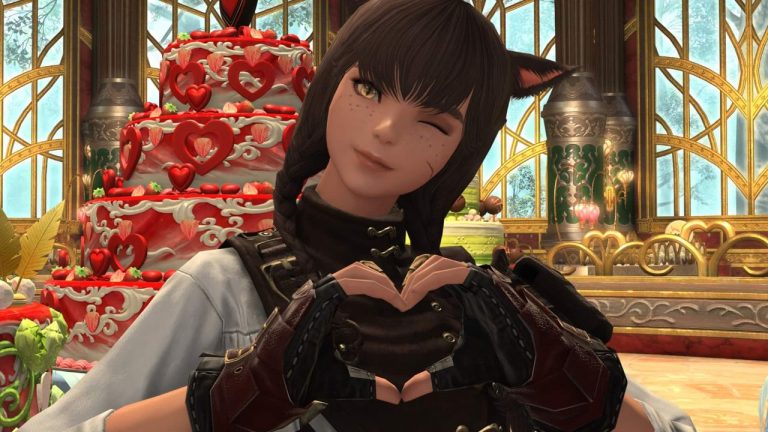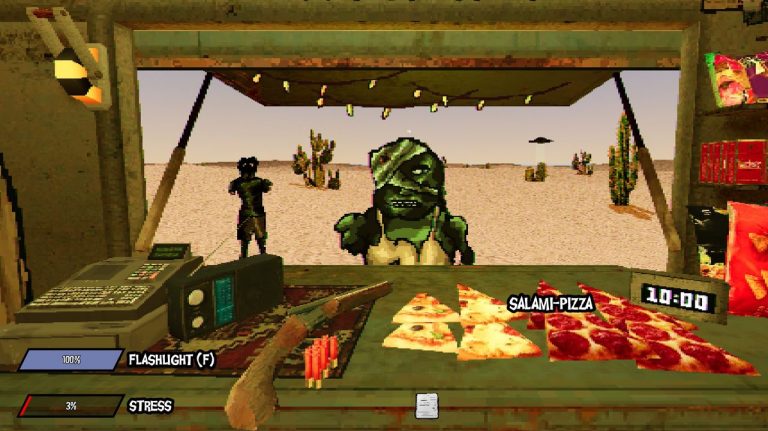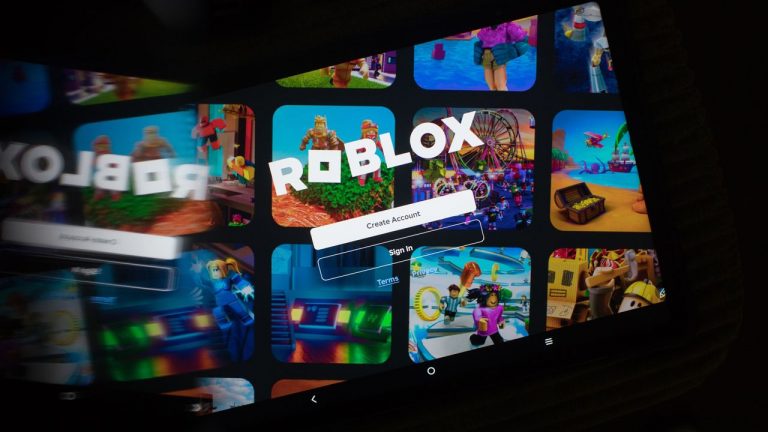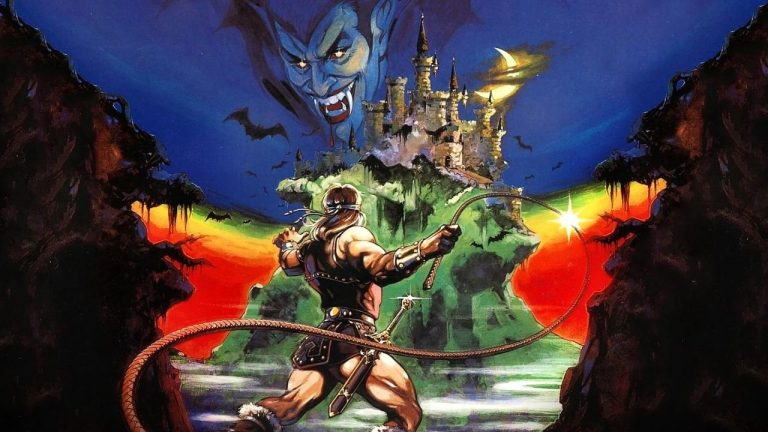Balatro creator LocalThunk is determined to ensure his game will never find its way into the hands of gambling companies or casinos, so much so that he’s had it explicitly written into his will.
Responding to a tweet which (I assume jokingly) theorised that Balatro’s poker theme was “actually a psyop to get younger generations into casinos,” LocalThunk expressed just how badly he does not want that to be a thing. “From the outside this might make 0 sense but I hate the thought of Balatro becoming a true gambling game so much that when I recently created my will I stipulated that the Balatro IP may never be sold or licensed to any gambling company/Casino,” he replied.
(Image credit: @LocalThunk via Twitter.)
To me that certainly makes a lot more than zero sense, especially considering some of the unfortunate run-ins Balatro has had since it launched. The game was removed from sale in some parts of the world back in March, a situation that arose due to an abrupt age rating change from 3+ to 18+ which, according to publisher Playstack, was “due to a mistaken belief that the game ‘contains prominent gambling imagery and material that instructs about gambling'”.
LocalThunk has maintained since Balatro’s release that he doesn’t condone gambling—he told our features producer Chris Livingston as much back in January, and following the delisting debacle further clarified on Twitter: “I do not condone gambling (staking something personally valuable on an uncertain event) nor do I believe that Balatro contains gambling. I did add risk/reward mechanics and RNG to Balatro, but these are core mechanics to the genre at large”. Hell, the developer admitted to Chris that he doesn’t even play poker, nor does he particularly care for it.
Protecting the integrity of something you put a lot of time and effort into creating is incredibly valid and understandable, and honestly a smart move from LocalThunk. It is somewhat frustrating that it’s something he even has to consider though, as anyone who’s spent any amount of time with Balatro could probably recognise that its design is almost at total odds with gambling as a concept. Then again, that probably wouldn’t have made a difference to any opportunist bookies. Better safe than sorry.

